my contrary view on native plants
bartzig
13 years ago
Related Stories
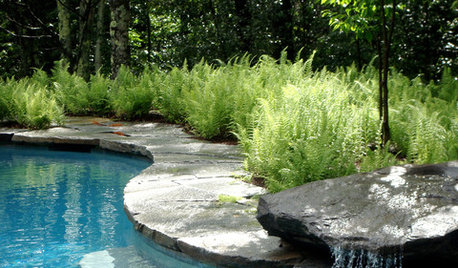
GROUND COVERSNative Alternatives to English Ivy, Japanese Pachysandra and Periwinkle
These shade-loving ground covers are good for the environment and say something about where you are
Full Story
GARDENING FOR BUTTERFLIES3 Ways Native Plants Make Gardening So Much Better
You probably know about the lower maintenance. But native plants' other benefits go far beyond a little less watering and weeding
Full Story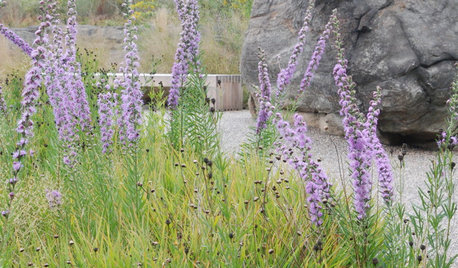
INSPIRING GARDENSNative Plants Inspire and Educate at NYC's Botanical Garden
Stroll through the new Native Plant Garden with us to get great ideas for plant choices and sustainability
Full Story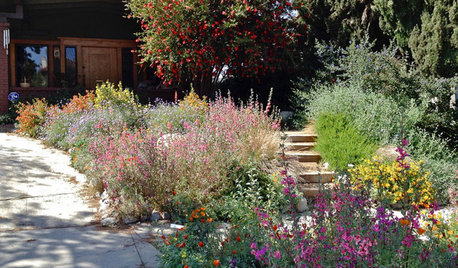
INSPIRING GARDENSNative Plants Bring 10 Southern California Front-Yard Gardens to Life
Rare plants, rain gardens and wildlife habitats are just a few of the features showcased on the 2016 Theodore Payne Native Plant Garden Tour
Full Story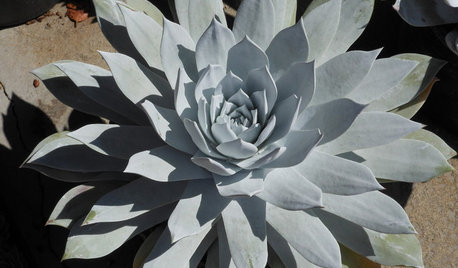
GARDENING GUIDESGreat Design Plant: Dudleya, a Dramatic California Native
Set up this succulent in native conditions and see just how little care it needs to thrive in the landscape
Full Story
LANDSCAPE DESIGNNative Plants Help You Find Your Garden Style
Imagine the garden of your dreams designed with plants indigenous to your region
Full Story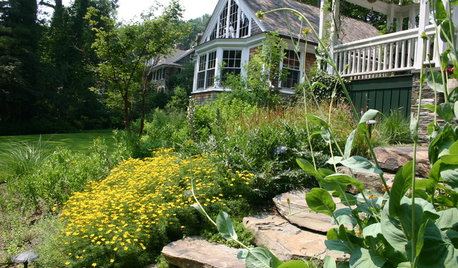
NATIVE PLANTS5 Ways to Keep Your Native Plant Garden Looking Good All Year
It’s all about planning ahead, using sustainable practices and accepting plants as living organisms
Full Story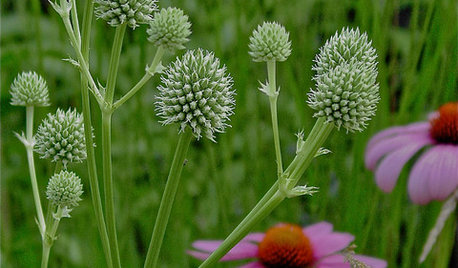
GARDENING GUIDESGreat Native Plant: Rattlesnake Master for Unique Interest
Serpents actually don’t give a hoot about this prairie wildflower, but insects do — and the foliage is a big draw too
Full Story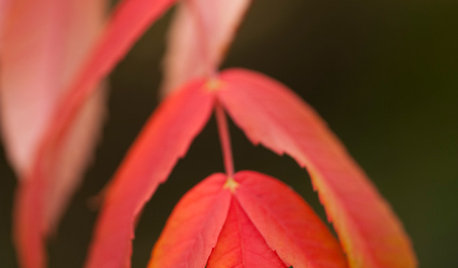
GARDENING GUIDESGreat Design Plant: Rhus Glabra
Smooth sumac provides powerful jolts of fall color and persistent fruit clusters that add interest through the winter
Full Story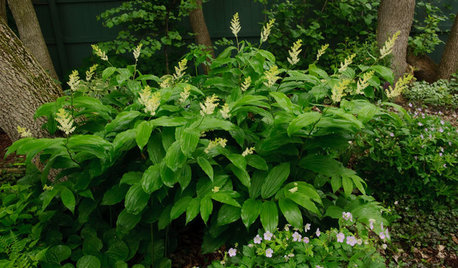
GARDENING GUIDESGarden-Friendly Native Alternatives to Overplanted Exotics
There are lots of gorgeous, wildlife-friendly native plants ready to make an appearance in your garden
Full Story


Lynda Waldrep
lycopus
Related Discussions
Is is environmentally irresponsible to plant non-native plants?
Q
Open Garden - Native Plants
Q
my contrary view on native plants
Q
Fanaticism and native plants
Q
sam_md
Iris GW
terrene
flabotany
maifleur01
jorginho
lycopus
Iris GW
jorginho
jorginho
Iris GW
lycopus
jorginho
sam_md
Iris GW
jorginho
lycopus
hpersky
ddennism
Lynda Waldrep
jorginho
hpersky
ritaweeda